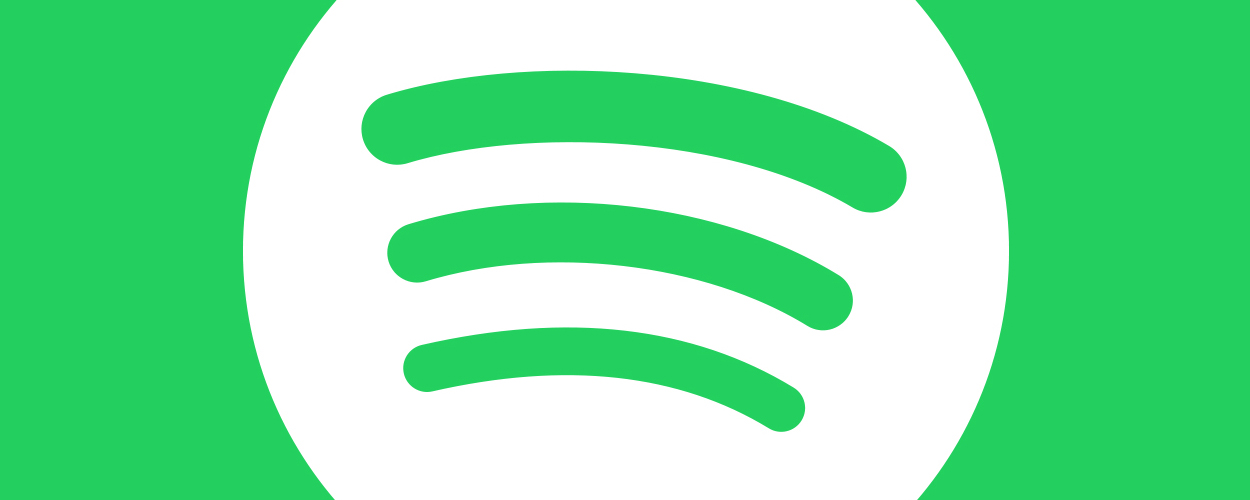This website uses cookies so that we can provide you with the best user experience possible. Cookie information is stored in your browser and performs functions such as recognising you when you return to our website and helping our team to understand which sections of the website you find most interesting and useful.
Business News Digital Legal Top Stories
Spotify et al file their appeal over the US Copyright Royalty Board’s song rate increase
By Chris Cooke | Published on Friday 16 August 2019

Spotify, Amazon, Google and Pandora have formally filed their appeal over the US Copyright Royalty Board’s recent decision regarding the rates that digital services should pay songwriters and music publishers Stateside.
In their submission, the tech firms rely heavily on opinions expressed by one of the board’s own judges, who disagreed with his colleagues’ initial ruling, that ultimately increases the song rate from 10.5% to 15.1%.
The copying of songs is covered by a compulsory licence in the US, which is why judges ultimately get to decide what rates should be paid by companies that exploit the so called mechanical rights. And that includes streaming services.
At the end of its most recent review of all the rates, the CRB decided to increase the total amount paid by streaming platforms to the songs side of the music business from a 10.5% revenue share (based on consumption share) up to 15.1%.
The increase, which will be introduced over a number of years, more or less brings the statutory rate in America in line with what has been negotiated directly with publishers and collecting societies elsewhere in the world. Which is to say, there has been a re-slicing of the digital pie over the last decade, so that the allocation to the song rights has increased slightly, usually to the detriment of the allocation that goes to the recording rights.
Despite that fact, many streaming services hit out at the CRB’s ruling once it had been finally set it stone earlier this year, vowing to appeal the decision.
That move has been widely criticised, of course, by the songwriter and publisher communities, both in the US and elsewhere, who argue that the streaming services simply don’t want to pay the songwriters a fair rate. Spotify has seen the strongest backlash, with writers and publishers loudly noting that its chief rival in the premium streaming market – Apple – is not appealing the CRB decision.
Since confirming it would appeal, Spotify has insisted that it does not have a problem with the rate increase in principle. Instead, it says, it has issues with various technicalities contained within the revised compulsory licence. And, in the new legal filing from Spotify et al, the tech companies also hit out at the process the CRB went through in in making those revisions.
Their joint brief states: “[The CRB] adopted a rate structure and rate levels no party proposed during the [preceding] hearing. [And] the parties had no opportunity to present or rebut evidence concerning the structure and rates selected”. It then adds “When a party is ‘afforded no opportunity during the hearing to test, or even examine, the methodology the [board] ultimately adopted’, the [board] decision must be vacated”.
Many of the criticisms contained within the submission echo the opinions of David R Strickler, the CRB judge who dissented from the majority decision regarding the new rates.
Most of the tech firms – though not Spotify – also take issue with the CRB’s decision to backdate its revised rates to the start to 2018.
The trade body for the digital firms yesterday defended its members’ position on the CRB ruling, albeit in slightly abstract terms.
Digital Media Association CEO Garrett Levin told reporters: “Streaming has reinvigorated the music industry and represents both the present and future of how fans engage with music whenever and wherever they want and how creators reach old fans and make new ones”.
“All stakeholders”, he went on, “should work to preserve and support the continued, unsurpassed growth that streaming has brought to the industry, and the innovations that have made it possible”.
The publishers remain scathing of Spotify et al’s decision to appeal the CRB’s ruling. The National Music Publishers’ Association has also submitted a brief to the court that will hear the appeal.
It mainly urges the appeal judges to keep the CRB’s decision in place, though it argues that a reduction in royalties for when services offer student or family plan discounts should be removed, because “the board cited no evidence for the proposition that students and family members have a low willingness to pay for streaming music”.
It remains to be seen how appeal judges respond to both sides’ respective arguments. But in the meantime, American songwriters and publishers will seek to ensure that the streaming firms, and especially Spotify, feel the heat in PR terms for even filing an appeal.





